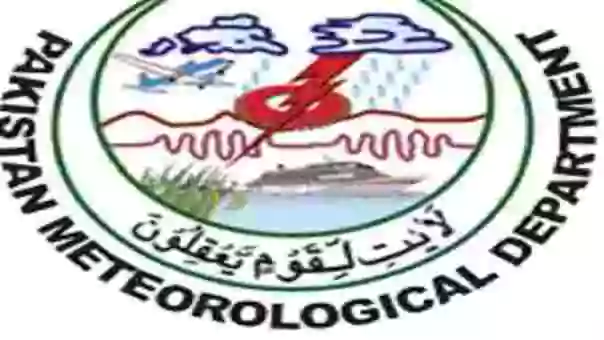Islamabad, September 15, 2025 – The Pakistan Meteorological Department (PMD) has sounded a red alert, warning of an unusually severe risk of dengue outbreak across the country in the coming weeks.
The department highlighted that the post-monsoon season, typically from late September to early December, provides the most favorable conditions for the spread of mosquito-borne diseases.
According to PMD’s scientific assessment, dengue transmission intensifies when temperatures remain between 26°C and 29°C for several consecutive weeks, coupled with relative humidity levels above 60 percent and rainfall exceeding 27 millimeters. These environmental conditions, particularly when combined with stagnant water, create an ideal breeding environment for the Aedes aegypti mosquito—the primary carrier of dengue fever.
This year, prolonged monsoon rains, overflowing rivers, and the release of water from major reservoirs have left vast areas of Sindh and Punjab submerged. Urban neighborhoods, rural villages, and flood-relief camps are struggling with stagnant water and inadequate drainage systems. These circumstances, PMD warned, are likely to accelerate mosquito breeding and fuel the risk of a large-scale dengue outbreak beginning around September 20.
The department particularly identified Karachi, Lahore, Islamabad, Rawalpindi, Faisalabad, Multan, Sialkot, Peshawar, Hyderabad, and Sukkur as high-risk cities. Flood-affected districts in southern Punjab and interior Sindh were also flagged as vulnerable.
Authorities have been urged to intensify preventive measures. Health departments and local governments have been instructed to increase fumigation drives, clear blocked drains, spray larvicides in flood-hit areas, and ensure sanitation facilities in relief shelters. Coordination between disaster management agencies and public health officials has also been stressed to keep flood shelters clean, dry, and mosquito-free.
PMD further advised dengue control centers to closely monitor meteorological and environmental data so that interventions can be timely. Awareness campaigns through television, radio, mosques, and social media were also recommended to educate the public on preventive steps.
For households, simple actions such as covering water containers, eliminating stagnant water around homes, wearing full-sleeved clothing, and using mosquito repellents can significantly reduce exposure. Communities in flood-affected areas were especially reminded to prioritize hygiene, maintain clean surroundings, and promptly seek medical care in case of symptoms such as fever, body aches, or rashes.
The PMD concluded that unless proactive measures are adopted immediately, Pakistan may face one of its most severe dengue outbreaks in recent years.
